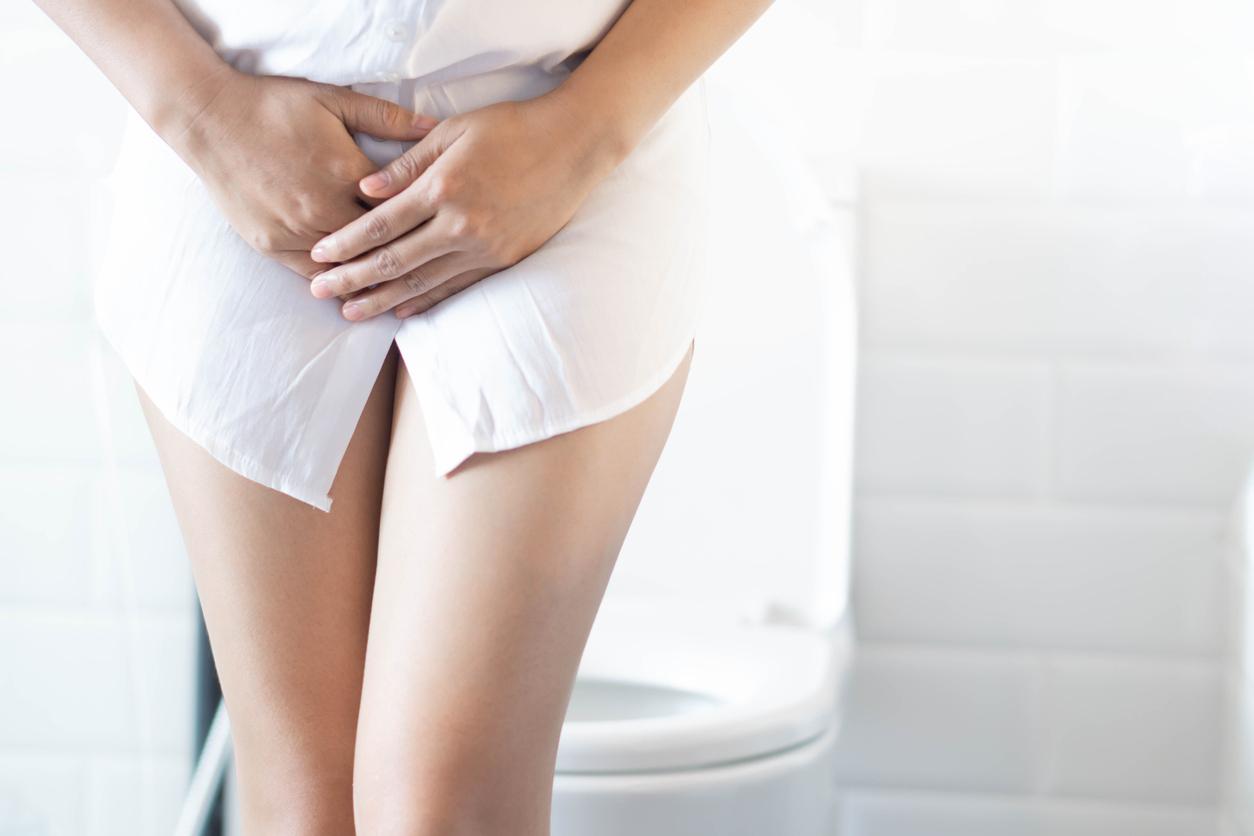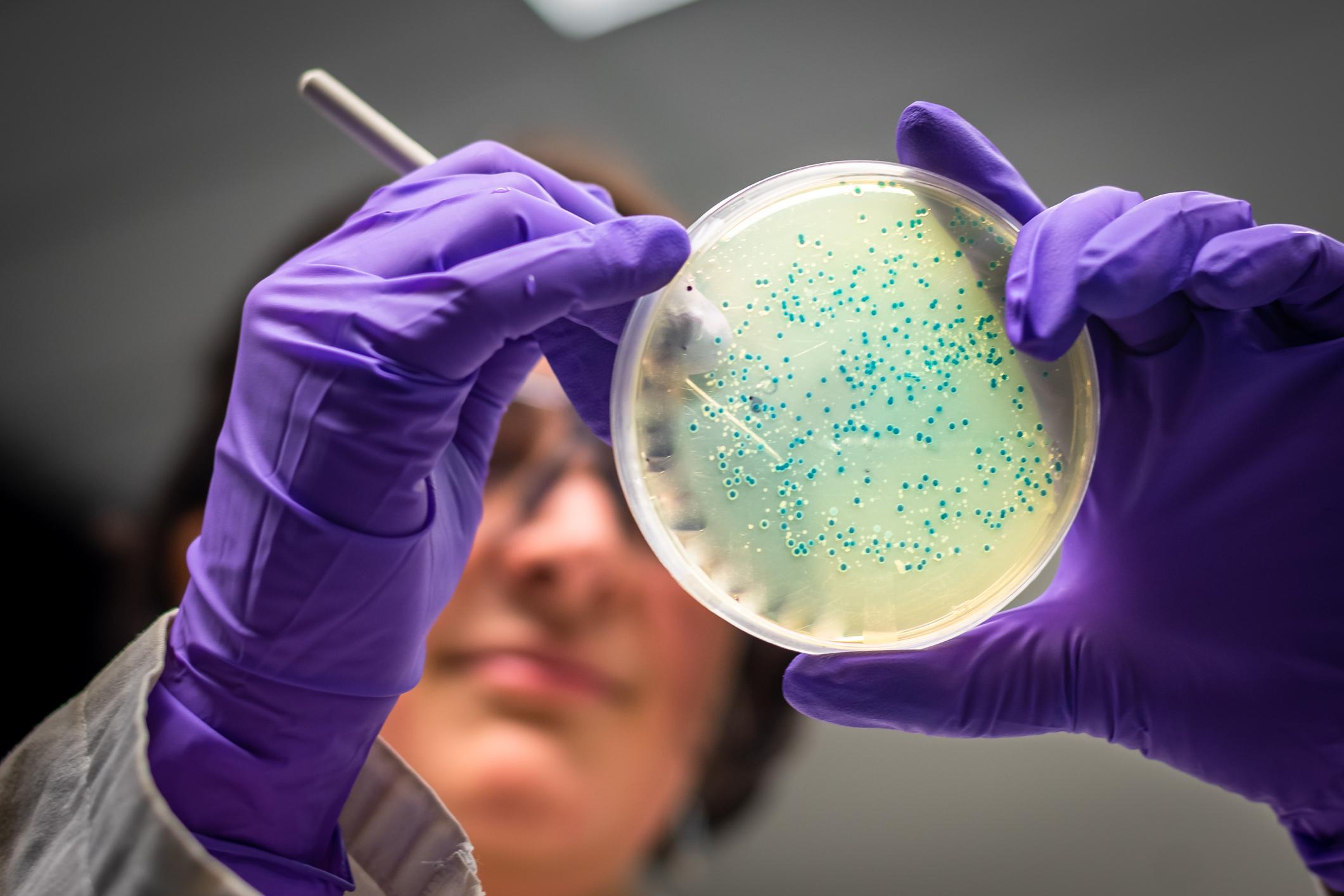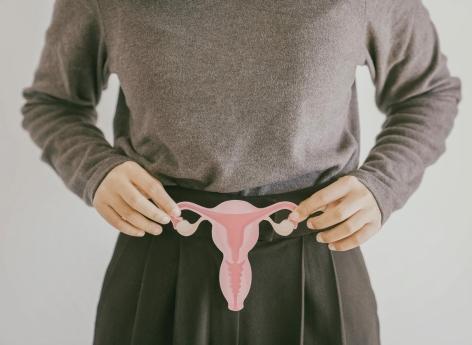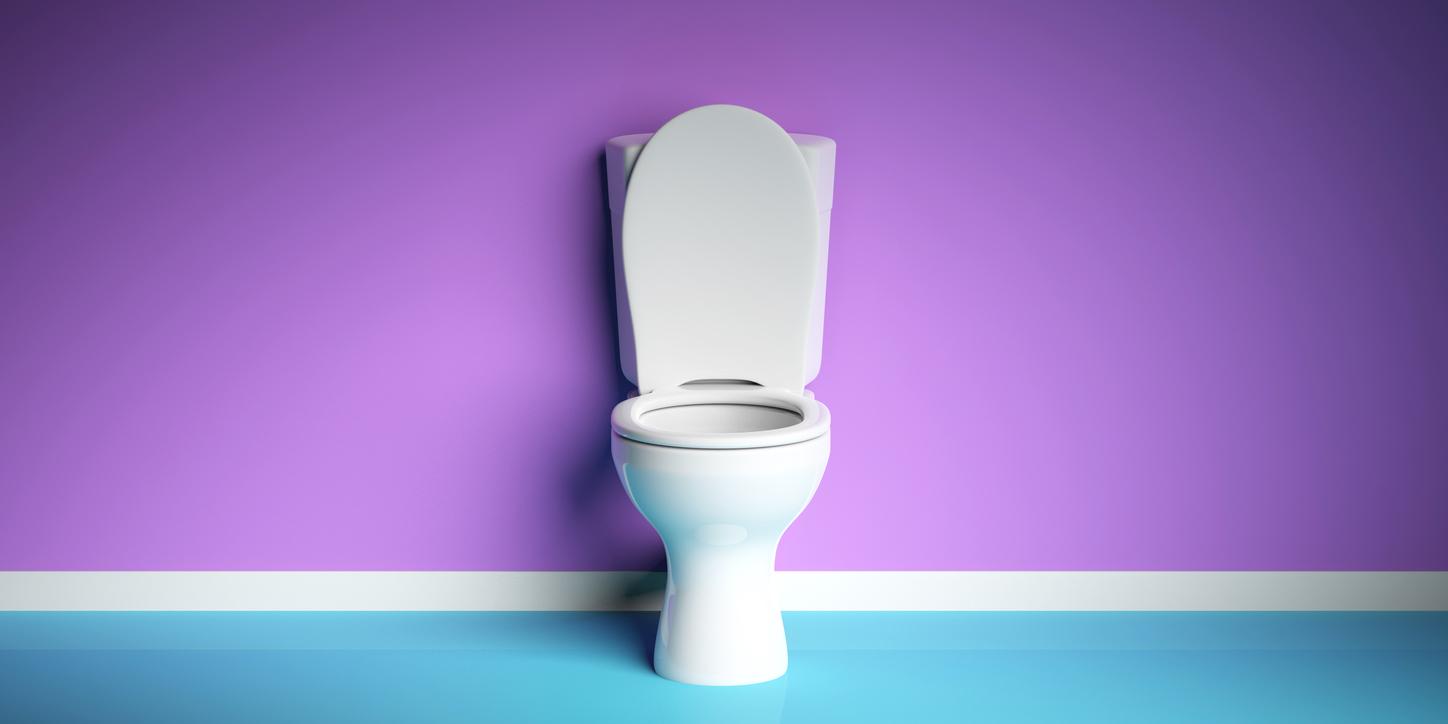Urinary tract infection, also called cystitis, can be treated with antibiotics, however certain natural remedies can help relieve bladder inflammation. We take stock.

- Urinary infection, or cystitis, is common and very painful.
- It can be treated by taking antibiotics combined with certain natural remedies.
- Drinking plenty of water and favoring certain foods contribute to healing.
A urinary infection (also called cystitis) is a common and particularly painful pathology which affects the urinary system: the bladder, but also the urethra, the kidneys and the prostate. Women are mainly affected by these infections which are caused by bacteria. These can travel up the urethra to the bladder and develop in the urine.
Various symptoms then appear, including burning when urinating as well as a frequent need to urinate. Pelvic pain may be noted, and sometimes blood or pus may be present in the urine.
If the UTI persists for more than three days or returns in later weeks, antibiotics are strongly recommended. However, some natural remedies can relieve symptoms.
Cystitis: you need to hydrate well
To eliminate bacteria from urine, it is recommended to drink plenty of water, at least 2 liters per day. Water can also help relieve the burning when you urinate.
Certain drinks, such as plain green tea or artichoke tea, are also recommended because they increase urine production.
Favor certain foods
Eat parsley and thyme. Thyme, which has antibacterial properties, can be consumed as an infusion, taken approximately every 4 hours. Parsley is rich in vitamin C and has antibacterial and immunostimulating properties. It can be chopped and mixed into salads or hot dishes.
Eat certain fruits and vegetables.
Alkaline foods protect the body by maintaining a better acid-base balance. Grapes, apricots, figs, bananas, avocados, dates, strawberries, raspberries, peaches and apples are some of the most alkaline fruits. As for vegetables, it is recommended to eat asparagus, beets, broccoli, carrots, mushrooms, cucumbers, spinach, salad, potatoes, green beans, peppers, radishes and turnips.
You can also eat cranberries, also called cranberries, although the small red berry has long sparked intense debate over its healing properties. Research on its benefits in juices, pills or syrups is contradictory. However, a 2016 study published in the American Journal of Clinical Nutrition concluded that a large 240 ml glass of cranberry juice can reduce the risk of recurrent UTIs by 40%.

At the same time, it is recommended to reduce the consumption of acid-forming foods, such as dairy products, cold meats, red meat, alcohol, foods containing gluten, coffee and refined sugar, which can aggravate the infection.
















